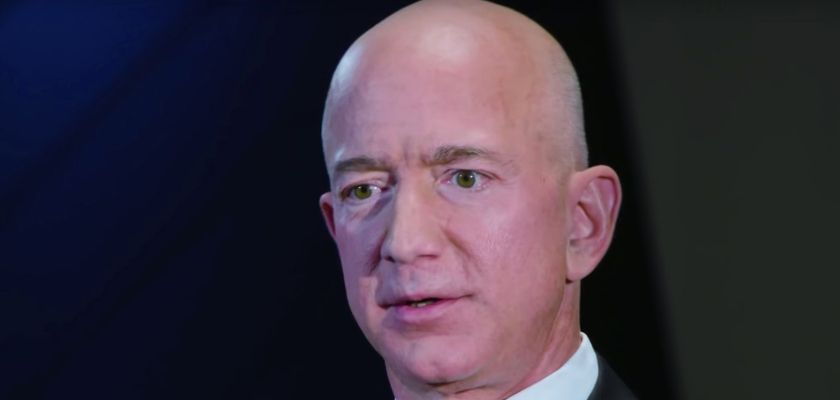

The House Judiciary Committee’s antitrust panel hosted a hearing in July during which chairman David Cicilline, a Rhode Island Democrat, grilled an Amazon attorney about its practices. The accusations are potentially a significant development in various government inquiries into Amazon’s business practices. In fact, our research shows other comparable options available to sellers are approximately 50-80% more expensive” than Amazon services, the company said. “Amazon has invested tens of billions of dollars in developing a world-class fulfillment network and we offer that network to sellers at highly competitive fees when compared to other options available to sellers. “If you can connect the conduct to some measurable harm, in this case increased prices, that gets you into the antitrust ballpark.”Īmazon, in an emailed statement, disputed many of the merchants’ allegations, saying its logistics prices are competitive and its sellers aren’t penalized for using other delivery options. “When it comes to Amazon’s dealings with third-party merchants, some of the conduct actually does lend itself to antitrust scrutiny,” said Hal Singer, an antitrust expert and Georgetown University adjunct professor retained by the merchant to work on the analysis. The letter refers to previous Supreme Court rulings on tying, including one against Kodak in 1992 that said the photocopier manufacturer violated antitrust laws by forcing customers who bought its machines to also use its parts and repair services.

It accuses Amazon of “tying” its marketplace and logistics services together, an antitrust violation in which a company uses dominance in one market to give itself an advantage in another market where it’s less established. The complaint, based on an analysis of thousands of Amazon transactions over several years involving more than 100 products, turns all of that thinking on its head. Until now, antitrust experts have suggested that Amazon was not vulnerable to such an argument and that regulators would need to find another way to restrain the company’s growing market power. The 62-page document, reviewed by Bloomberg, lays out an antitrust case that emphasizes harm to consumers - the traditional basis for such cases in the U.S. In a letter sent to federal lawmakers, an online merchant has accused of forcing him and other sellers to use the company’s expensive logistics services, which in turn forces them to raise prices for consumers. Employees process merchandise at the fulfillment center in Phoenix, Ariz.


 0 kommentar(er)
0 kommentar(er)
